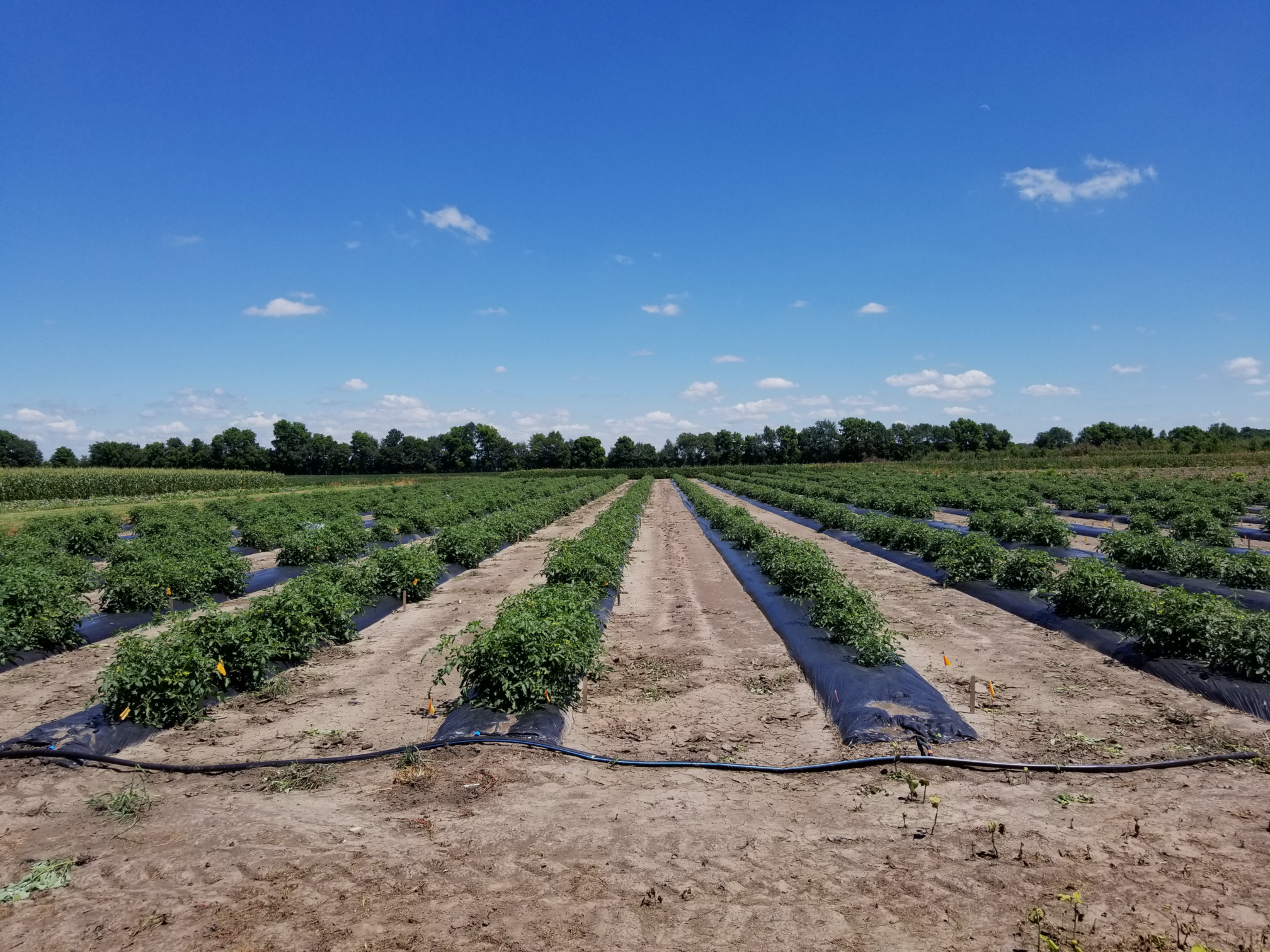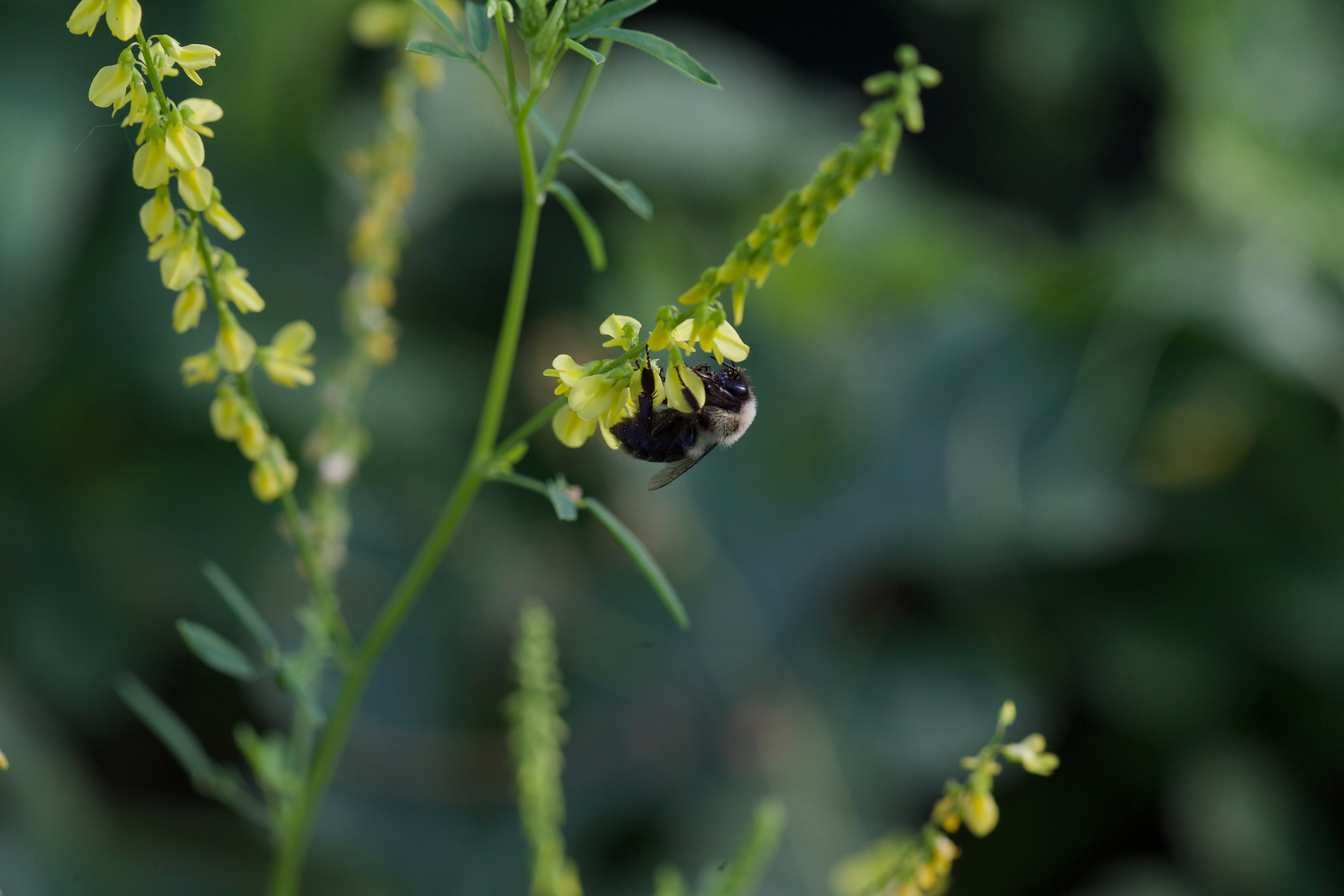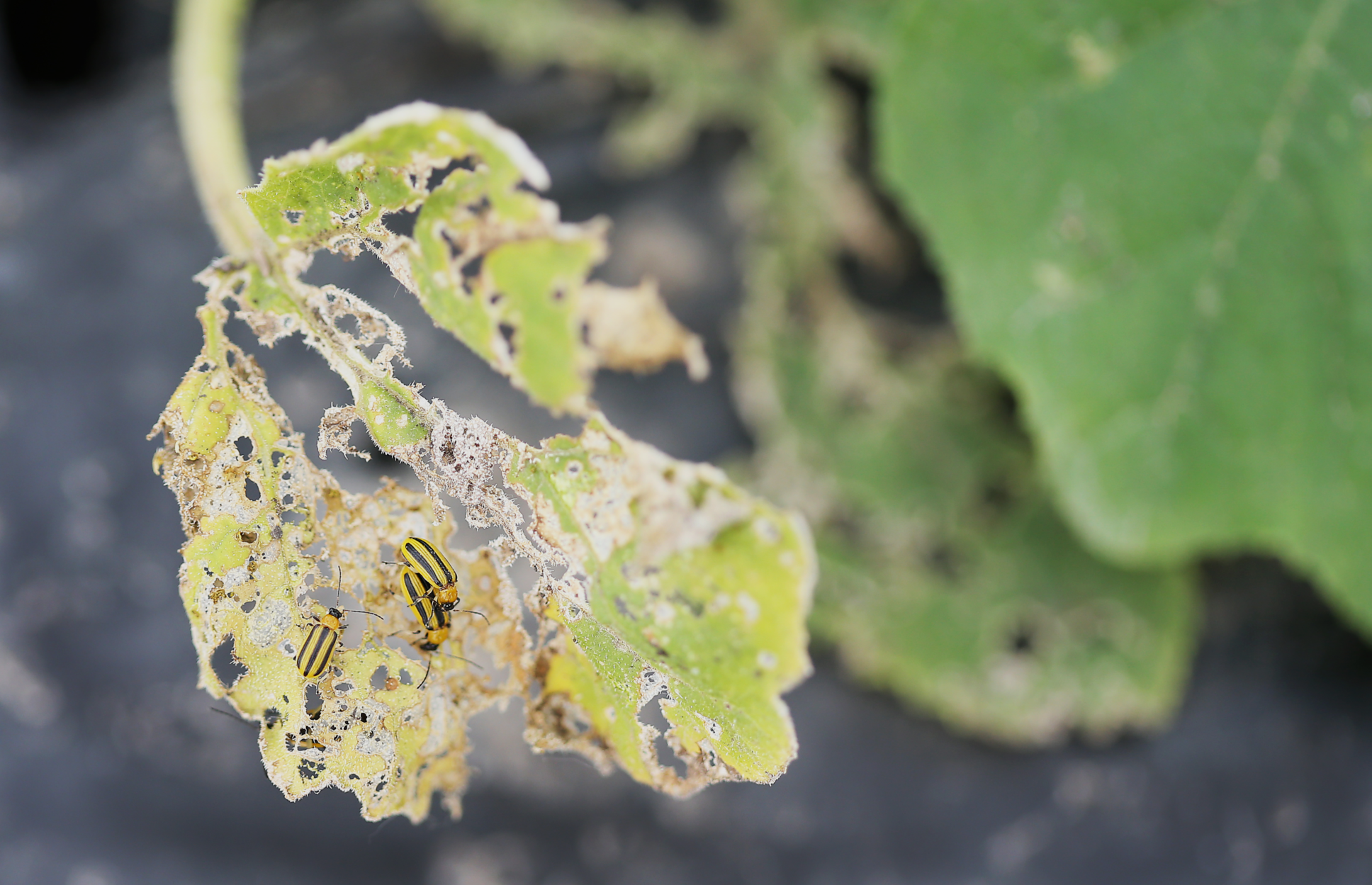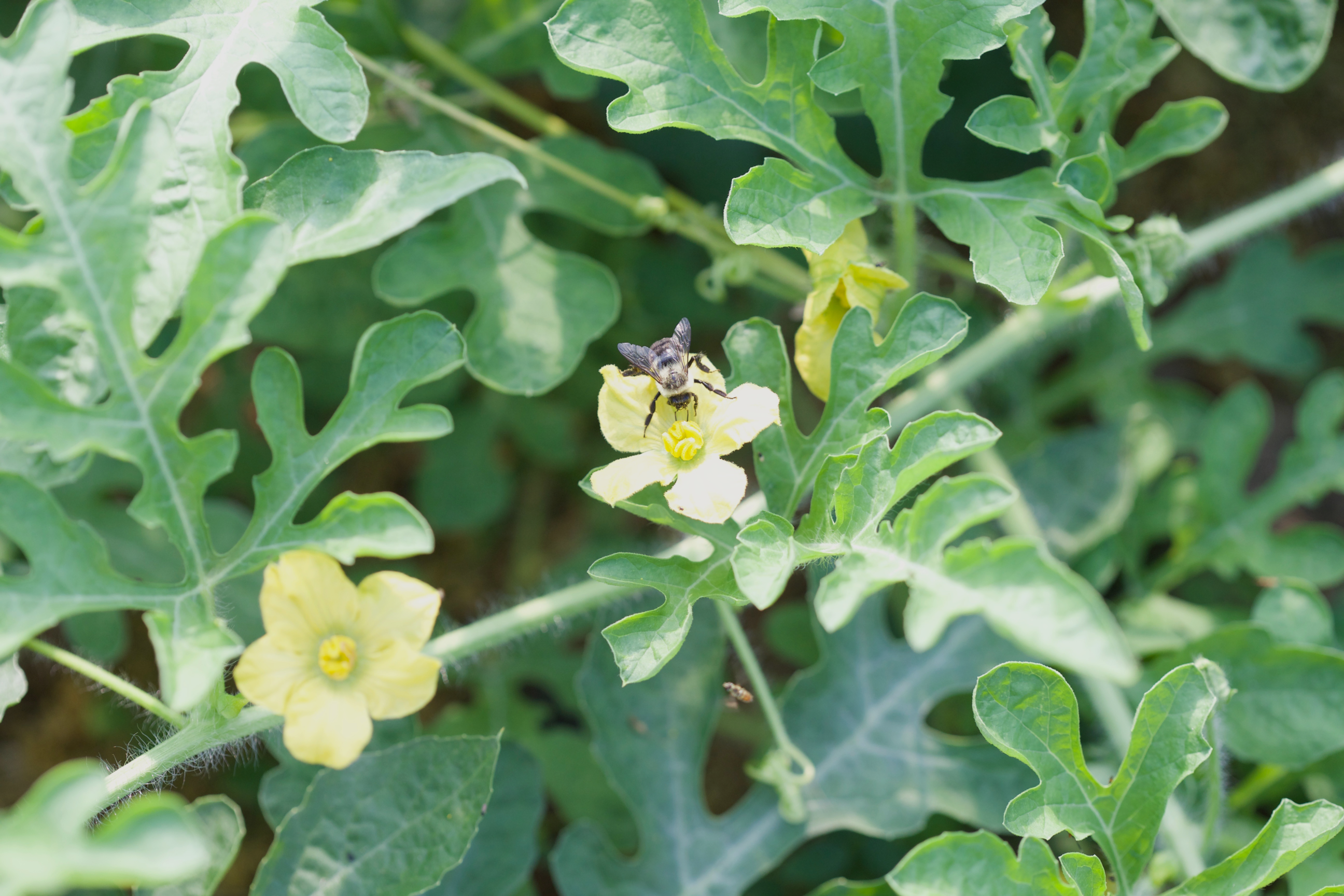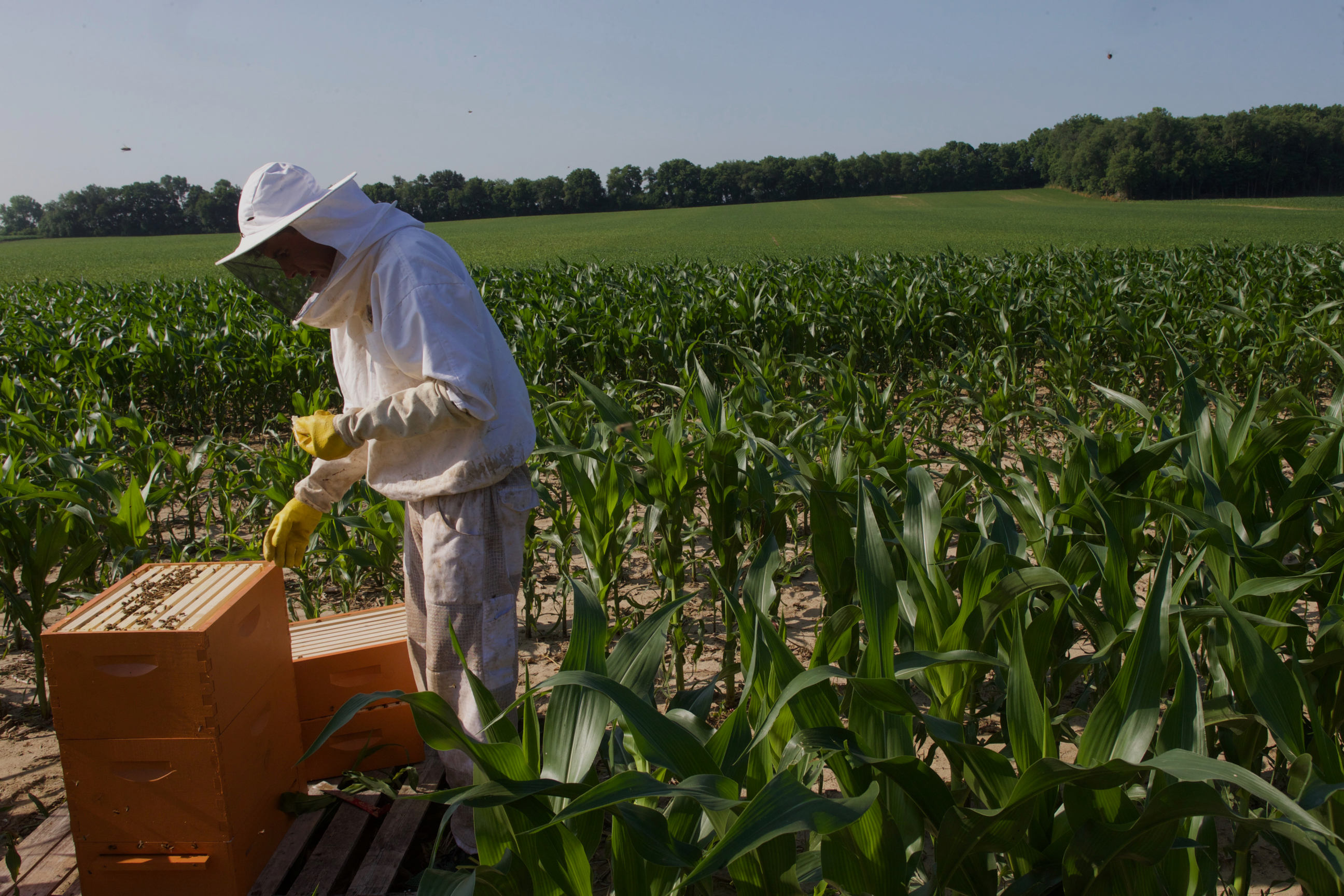Personnel
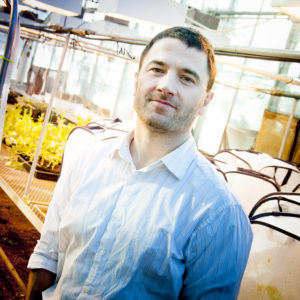
Professor
ikaplan@purdue.edu
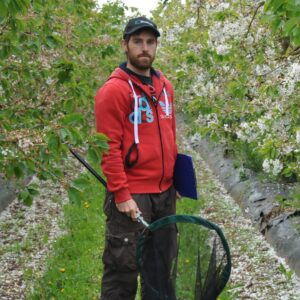
Postdoc Researcher
zmateosf@purdue.edu

Postdoc Researcher
abistlin@purdue.edu

PhD Student
wghanem@purdue.edu

PhD student
ellio139@purdue.edu

MS Student
youngblr@purdue.edu
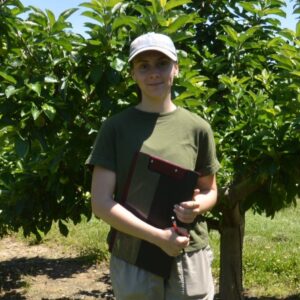
MS student
stroh2@purdue.edu
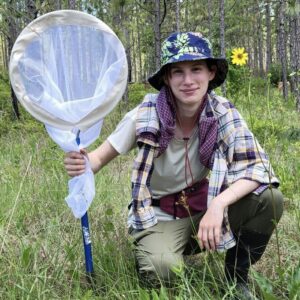
MS student
hkernen@purdue.edu

Professor
ikaplan@purdue.edu

Postdoc Researcher
zmateosf@purdue.edu

Postdoc Researcher
abistlin@purdue.edu

PhD Student
wghanem@purdue.edu

PhD student
ellio139@purdue.edu

MS Student
youngblr@purdue.edu

MS student
stroh2@purdue.edu

MS student
hkernen@purdue.edu
Research
Beneficial insect management
Much of the lab’s research falls under the broad umbrella of beneficial insect conservation and management. This includes predators and parasitoids involved in biocontrol. In recent years we have been involved in studies assessing augmentation biocontrol in high tunnels, the impacts of crop domestication on tri-trophic interactions, non-consumptive predator effects (i.e., the ecology of fear), and using induced plant volatiles to attract natural enemies to agricultural fields. As a second emphasis, the lab works heavily in the area of non-target pesticides and pollinator conservation. These projects involve both managed—honeybees, bumblebees—and unmanaged species—monarch butterflies—with a focus on wild plants (e.g., milkweed) as well as pollinator-dependent crops (e.g., watermelons and related cucurbits).
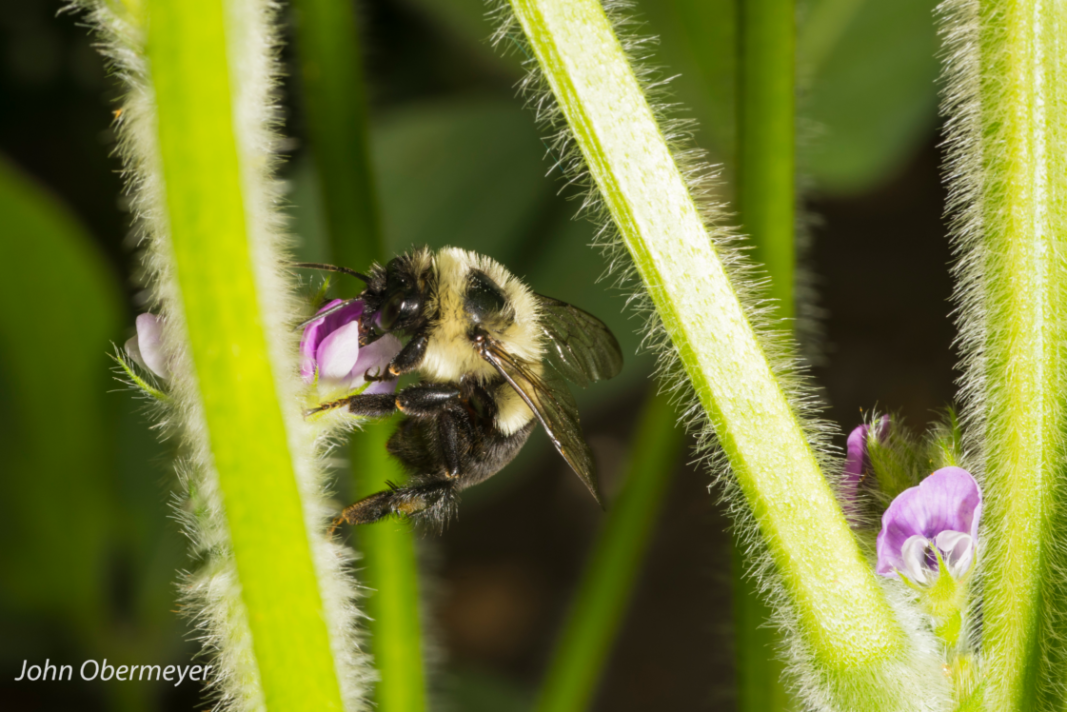
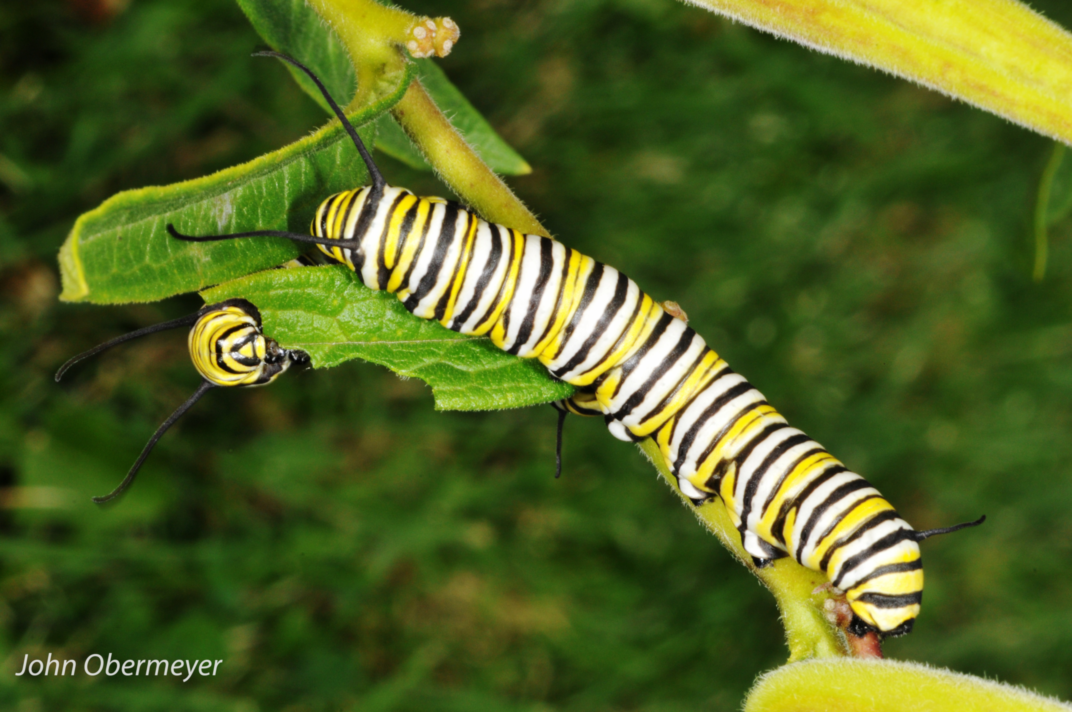
Microbe-plant-insect interactions
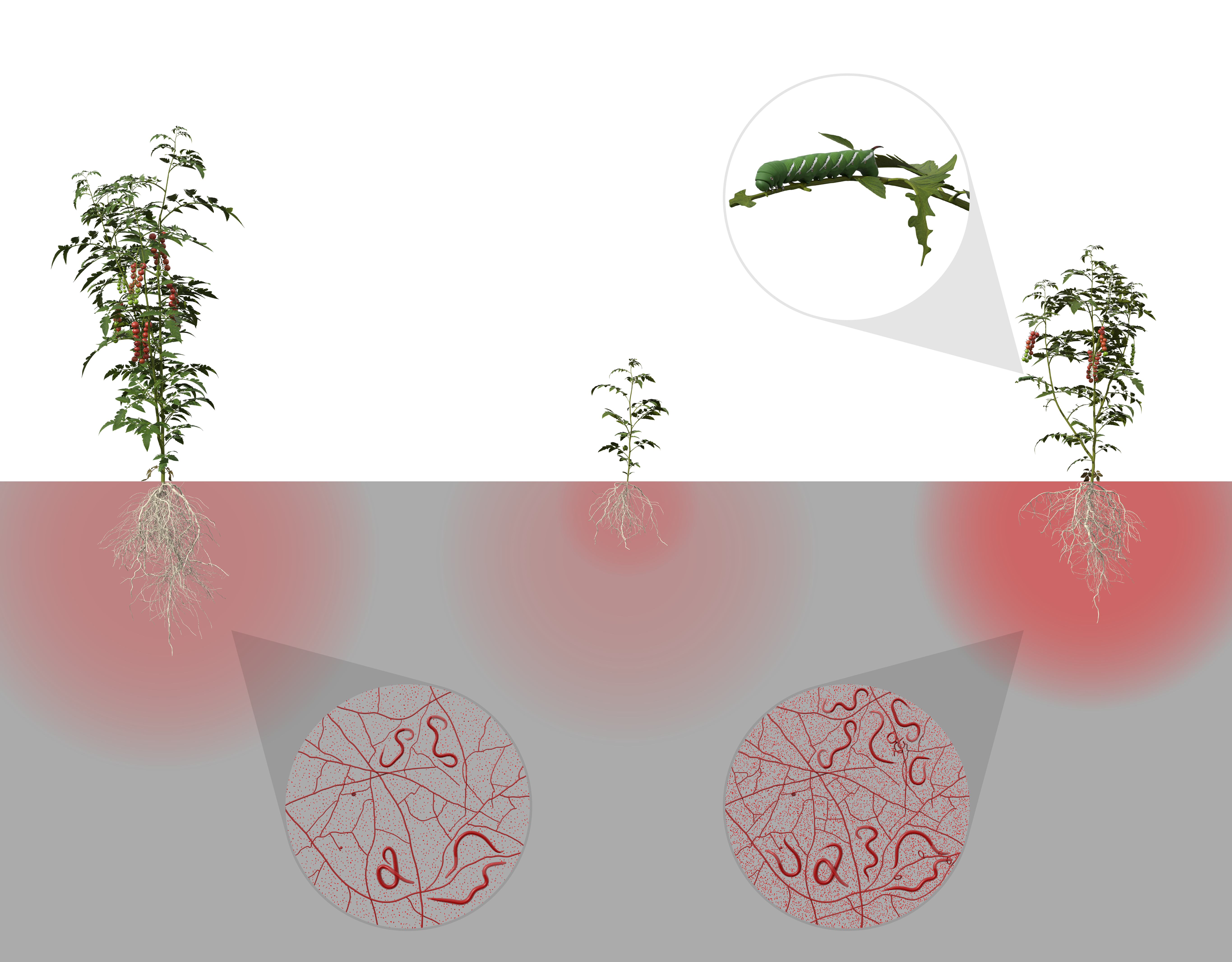
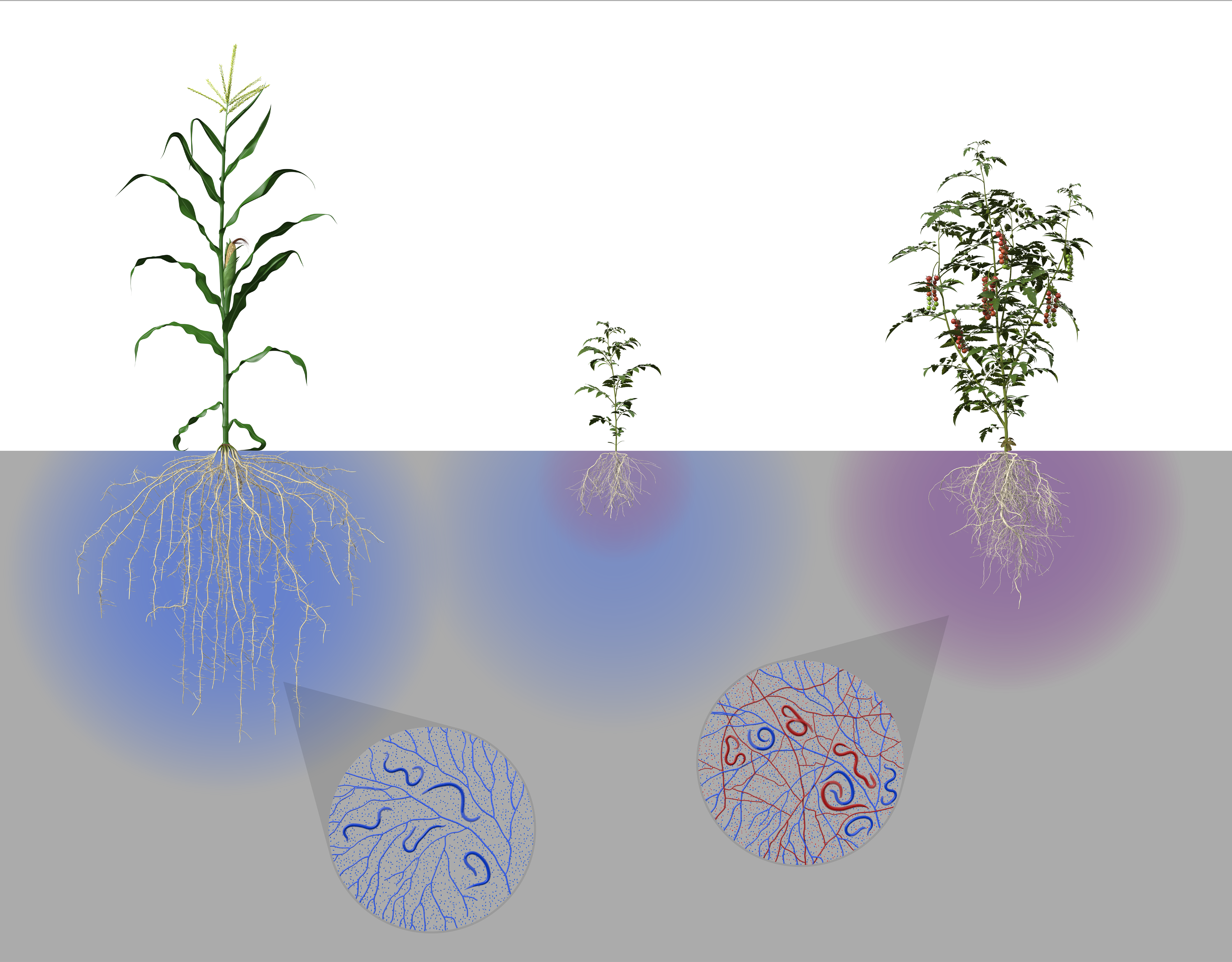
Hover over these images to get a closer look!
The lab is interested in better understanding how rhizosphere microbes contribute to aboveground insect herbivory, and how to harness the power of the soil microbiome to enhance crop protection. We largely use a plant-soil feedback framework for testing these relationships whereby different plant species are used to condition the soil. Recent and current research emphases include assessing the effects of phylogenetic plant diversity in crop rotations, using grafting and microbial inocula to reduce negative feedbacks in high tunnel tomatoes, and community-level selection on soil microbiomes for increased leaf resistance to chewers and sap-feeders.
Vector ecology
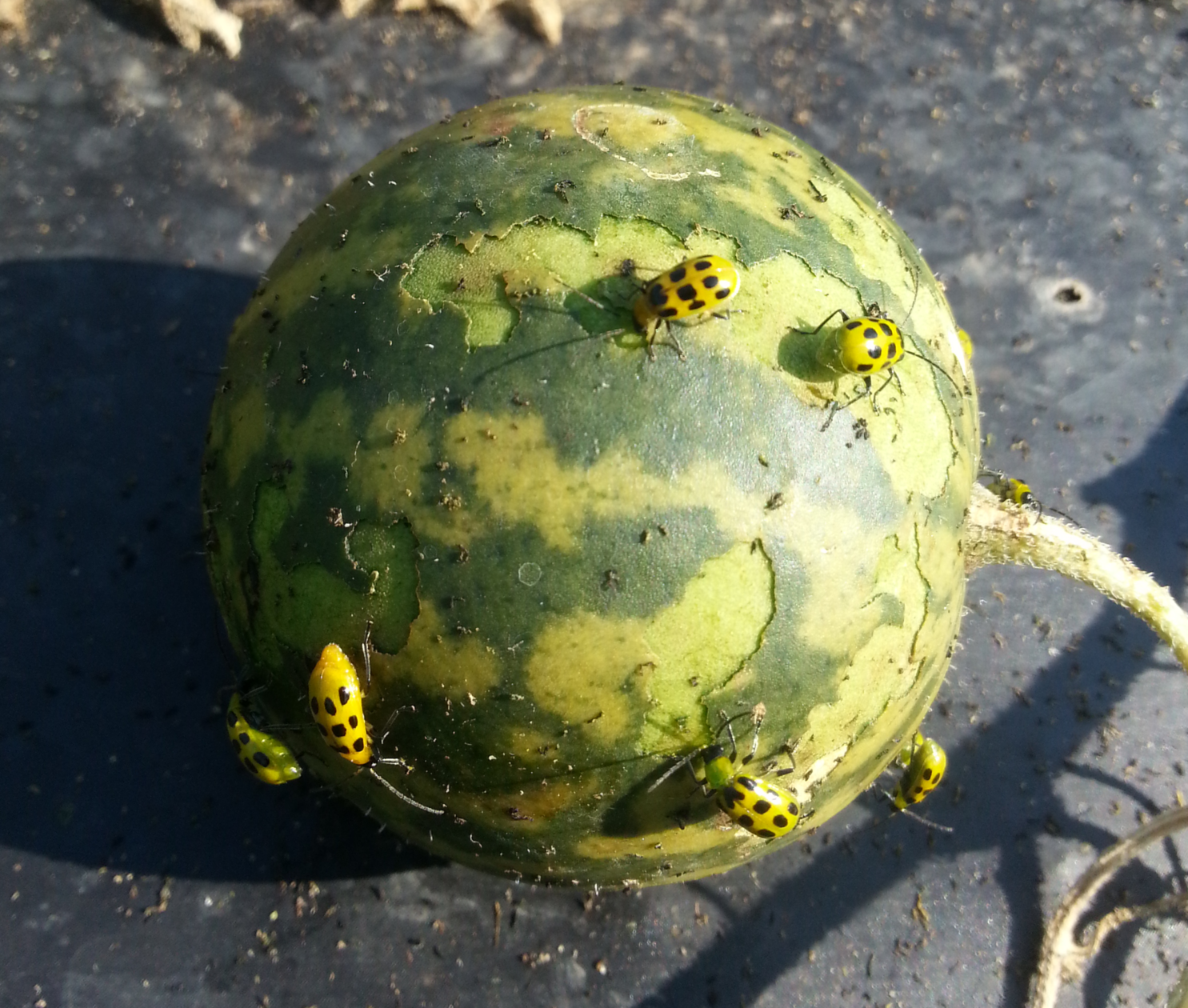
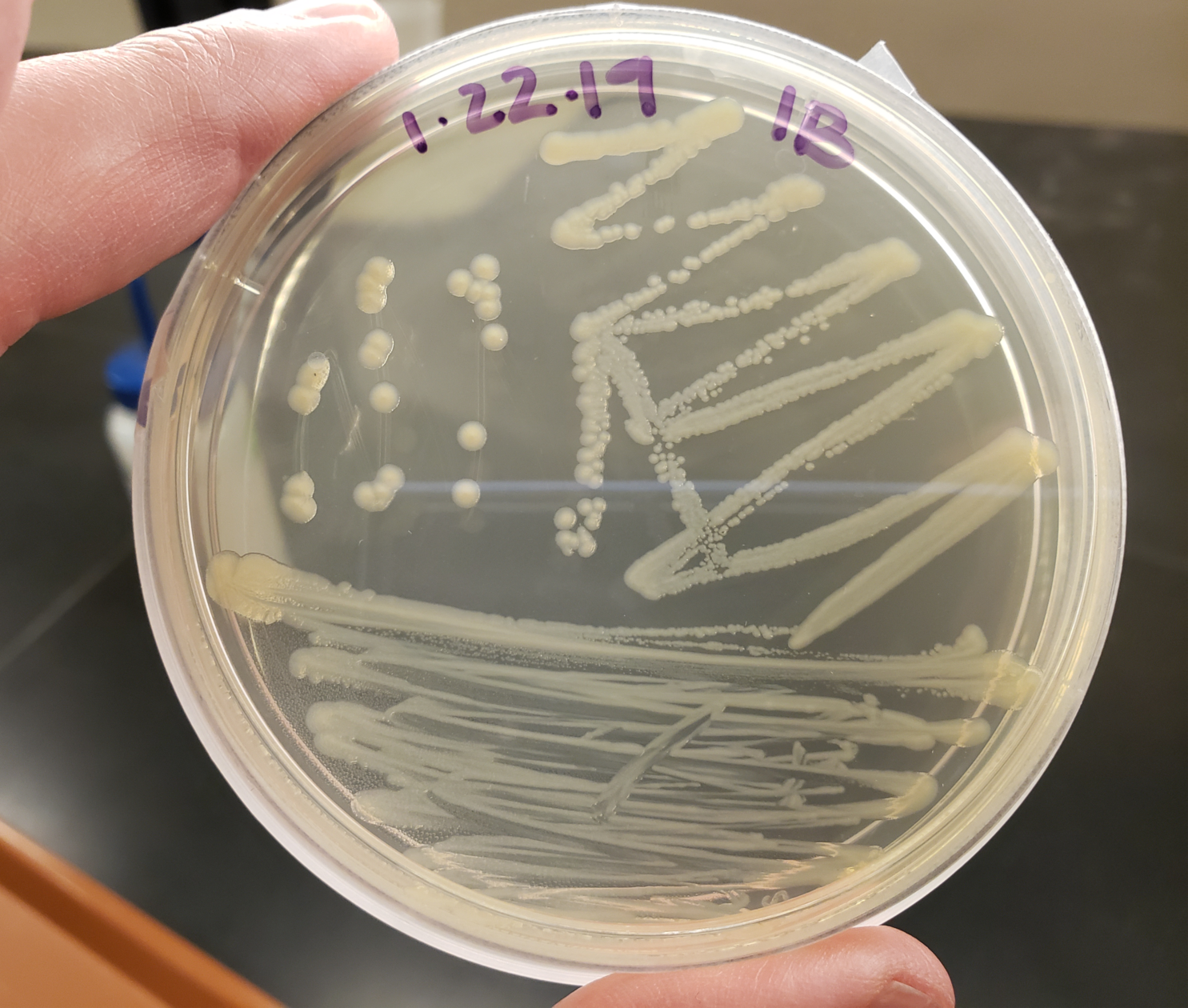
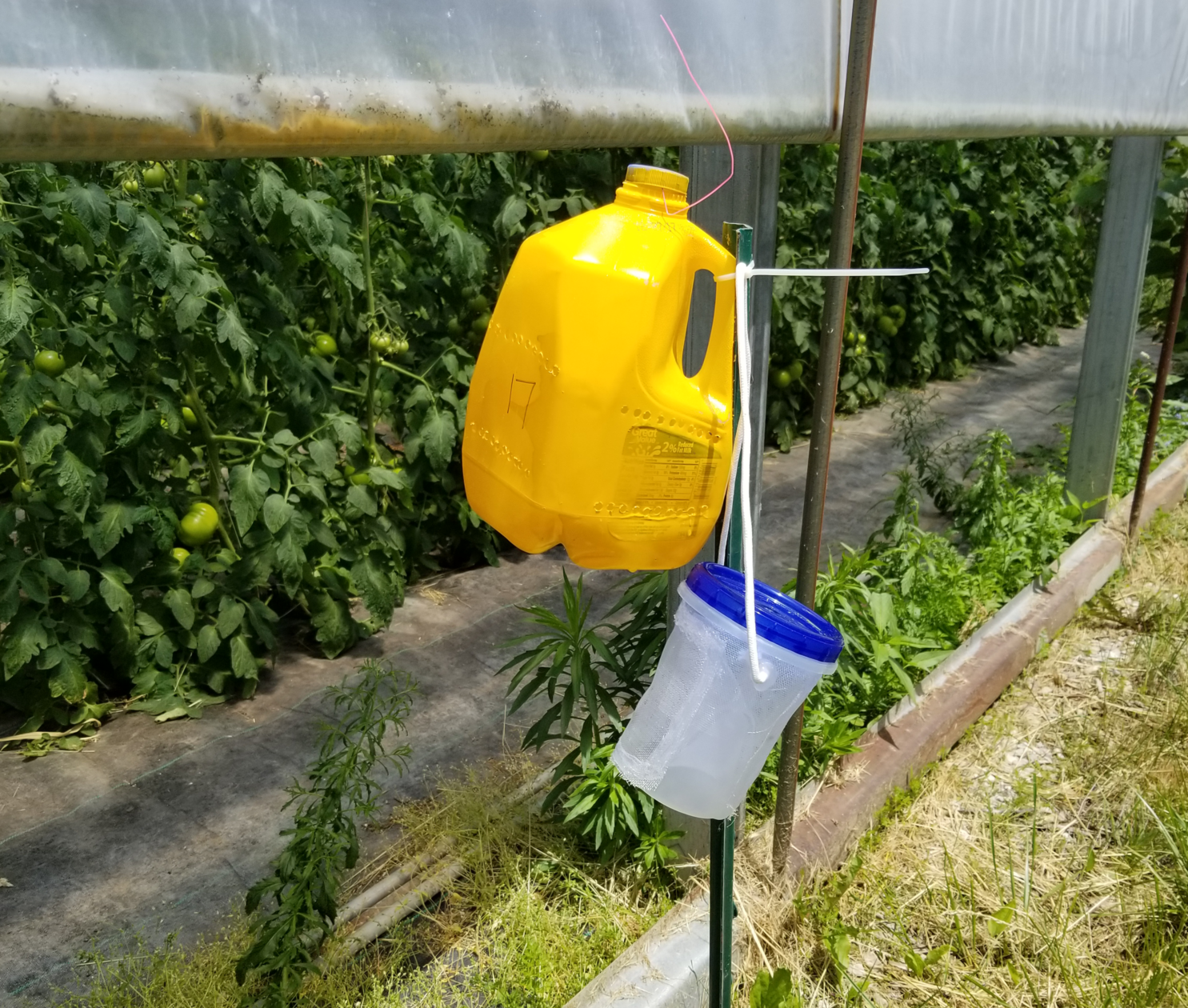
We study insect vectors of plant pathogens, focusing primarily on the Cucurbitaceae. This plant family contains many economically important crops and is highly vulnerable to a diversity of pathogens that are transmitted by insects. Recent work includes documenting the role of land use and endosymbionts on aphid vectored non-persistent plant viruses. Current projects center on cucumber beetles that transmit Erwinia tracheiphila, the causal agent of a bacterial wilt that kills infected plants. We have tested various management options for controlling this vector, including high tunnel screening and grafting to rootstock from resistant plants. At present, we are investigating how plant volatiles and aggregation pheromones mediate beetle aggregation to exploit in mass trapping, and whether early detection of asymptomatic plants is a reliable method for stemming disease spread.

